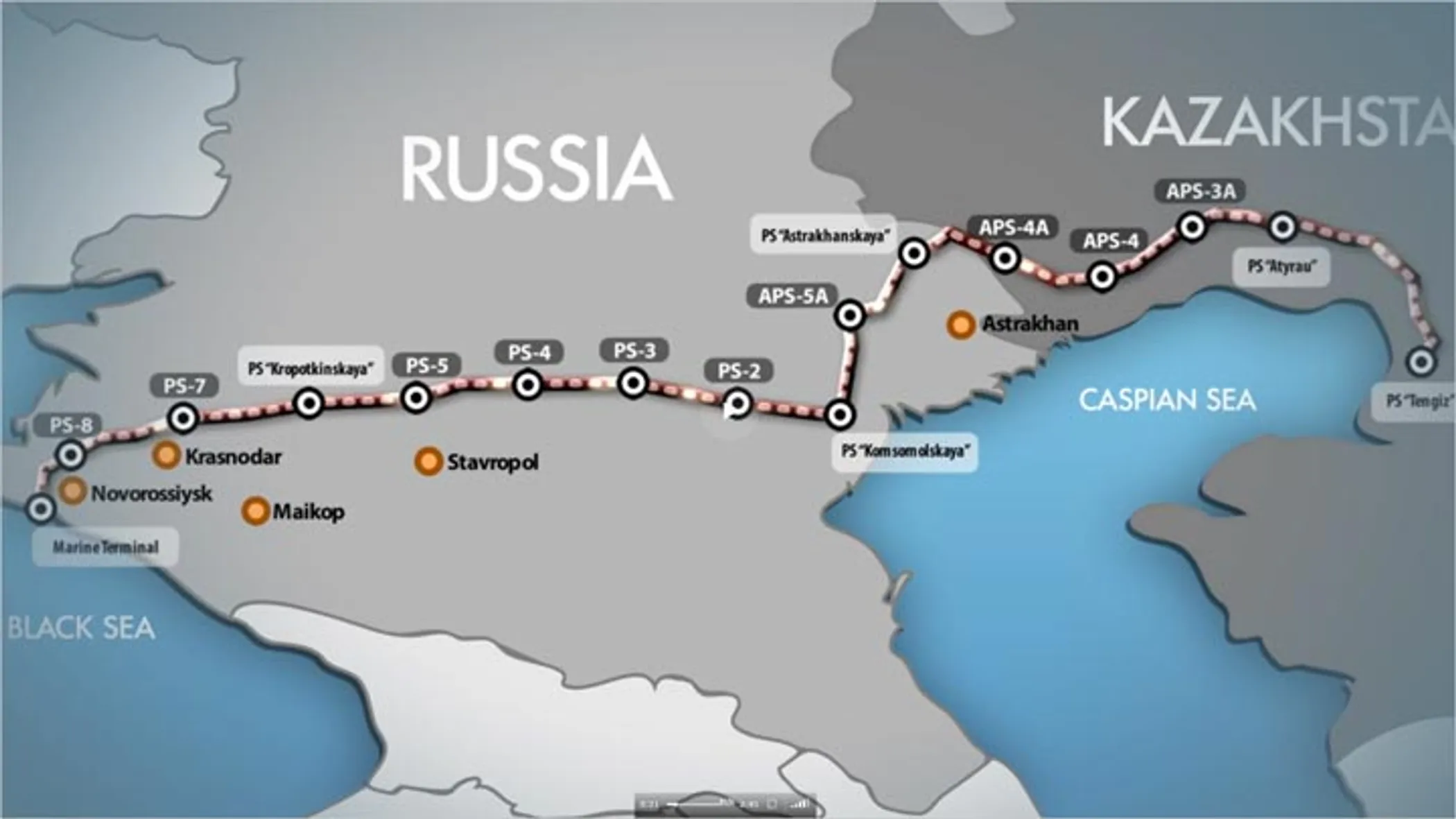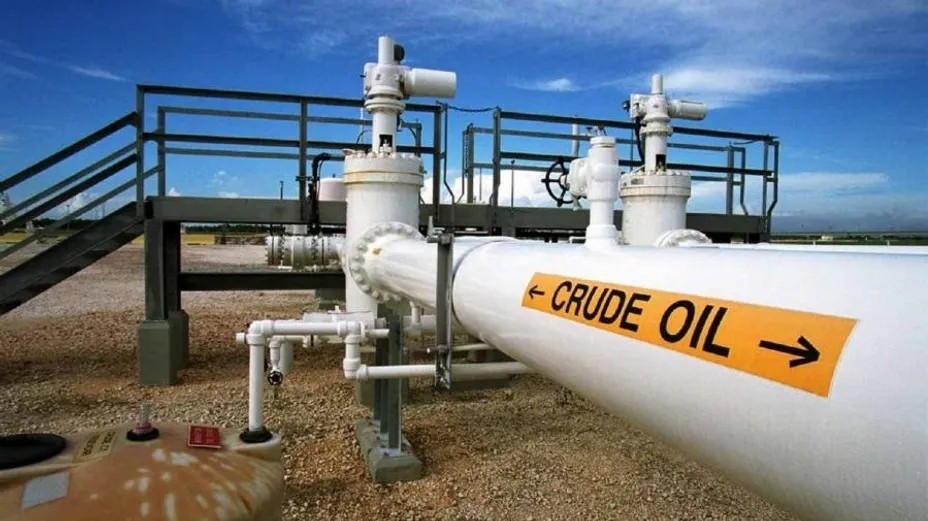U.S. Treasury Department clarifies that sanctions on Russian oil do not apply to the Caspian Pipeline Consortium, which brings Kazakh oil to international markets through Russia.
Earlier on March 9th, Washington DC bureau chief James Politi came on Twitter to give reassurance after U.S. President Joe Biden announced that the United States would no longer import Russian oil. "We will not be part of subsidizing Putin's war," Biden said, describing energy imports as "the main artery of Russia's economy."
The U.S. president also warned oil companies and their partners against "excessive price increases" as the war and fears of more bans drive up energy prices on the global market.
Exemption
On March 8, the U.S. Treasury released the following statement on their official website.
1,020. Does Executive Order (E.O.) of March 8, 2022, “Prohibiting Certain Imports and New Investments With Respect to Continued Russian Federation Efforts to Undermine the Sovereignty and Territorial Integrity of Ukraine,” prohibit dealing in crude oil of the Caspian Pipeline Consortium (“CPC”)?
Answer
No. Distribution systems such as those within the CPC can segregate various sources of crude oil, allowing crude oil that is not of Russian Federation origin to be marketed and loaded separately. The importation prohibition of E.O. of March 8, 2022, applies to the import of certain products of Russian Federation origin to the United States and excludes imports that are not of Russian Federation origin, even if such items transit through or depart from the Russian Federation.
Despite this, many of the Kazakh goods so far are being rejected by other countries for being on the same boat as Russian cargo. Earlier this week, there were discussions of Kazakhstan redirecting trade routes through Latvia.
Sadly, the good news doesn't pose a complete guarantee for the Kazakh economy's safety.
Caspian Pipeline Consortium
The Caspian Pipeline Consortium (CPC) is the largest international oil transportation project with the participation of Russia, Kazakhstan, and the world's leading production companies, which was established for the construction and operation of the trunk oil pipeline more than 1,500 km long.
The CPC pipeline system mainly collects crude oil from large oil fields of West Kazakhstan, as well as crude oil from Russian produ

The US has excluded the Chevron-led Caspian Pipeline Consortium (CPC) from its ban on Russian oil and gas imports announced this week in an attempt to leave open the export route via Russia’s Black Sea coast.
The US Treasury stated that CPC “can segregate various sources of crude oil, allowing crude oil that is not of Russian Federation origin to be marketed and loaded separately”.
CPC operates a 1500-kilometre oil export pipeline from Kazakhstan to a terminal near the Russian port of Novorossiysk that is a key route for three Western-led Kazkah oil developments — Tengiz, Kashagan and Karachaganak.
However, the pipeline also handles smaller quantities of Russian oil, mostly from the country’s largest oil producer, Rosneft, with Russian cargoes accounting for about 13% of total shipments of over 1.3 million barrels per day last year, according to CPC.
The CPC monitors the varying characteristics of crude to differentiate suppliers and has just one short connection between a Transneft-operated network and the CPC line, allowing Rosneft to add volumes into the CPC system while the pipeline transits Russia.
However, the Russian network mixes all incoming crude into the Urals blend that is sold from Ust-Luga and Novorossiysk, according to oil market intelligence reports.
Such blending could potentially “open a route for Russian producers to continue exporting, by labelling their production as originating from Kazakhstan”, according to Mikhail Krutikhin, managing partner at Moscow based consultancy RusEnergy.
Exporters hope that Kazakhstan will be able to expand its total oil production by about 2% to 1.8 million BPD this year, mostly as a result of major upgrades at the Tengiz and Karachaganak fields.
Close to 80% of that output is expected to be sent to international markets due to the low domestic energy demand.










